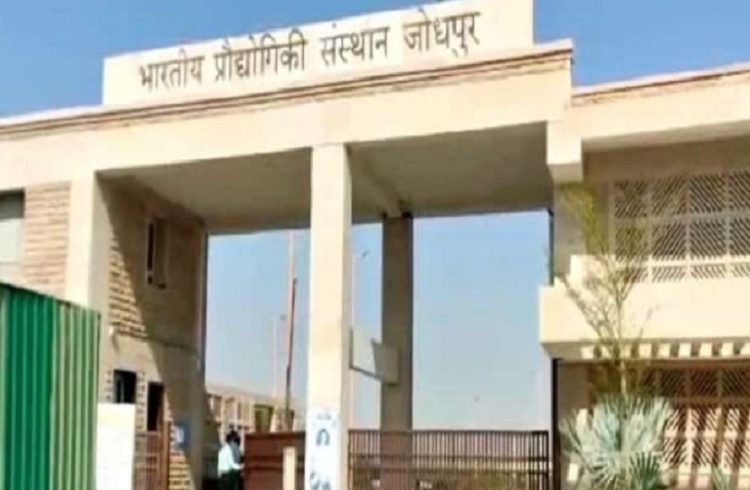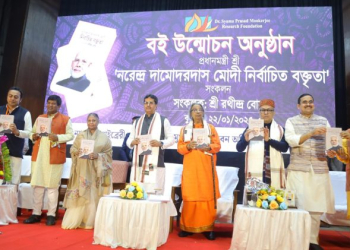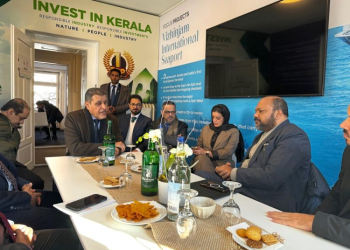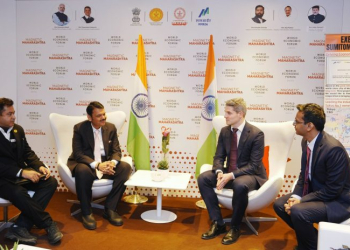New Delhi: The Indian Institute of Technology Jodhpur has established a research centre for Duchenne Muscular Dystrophy (DMD) in collaboration with Dystrophy Annihilation Research Trust (DART), Bangalore and the All India Institute of Medical Sciences (AIIMS), Jodhpur.
The current therapeutic options available to treat DMD are minimal and highly expensive (over Rs 2-3 crore per child a year). Drugs are mostly imported from abroad, accelerating dosing costs and putting them out of reach for most families.
The centre aims to develop affordable therapeutics for this rare and incurable genetic disorder.
DMD is a rare and incurable genetic disease and it is the most common and fatal type of muscular dystrophy, marked by gradual muscle deterioration. The condition is predominantly seen in boys.
In India, over five lakh boys are suffering from DMD. The centre at IIT Jodhpur aims to develop affordable therapeutics for DMD and enhance the efficacy of Antisense Oligonucleotide (AON)-based therapeutics.
The AON-based therapeutics’ idea is to hide or mask specific exons (a segment of a DNA or RNA molecule containing information coding for a protein) in a gene sequence. In DMD patients, one or more exons can be masked with specific molecules called AON or molecular patches. Due to these challenges, DMD patients need personalised medicine.
The DMD Research Centre at IIT Jodhpur has hosted two day-long outreach programmes. It has also initiated the expansion of this activity to every district in Rajasthan.
Talking about the DMD Research Centre at IIT Jodhpur, Prof Surajit Ghosh, Dean Research and Development, Professor of Bioscience & Bioengineering, IIT Jodhpur, said, “The primary goal of our team is to develop two therapeutic leads for clinical trials on high priority”.
The DMD Research Centre at IIT Jodhpur is working in collaboration with DART Bangalore, a parent-founded NGO conducting research and awareness programmes in DMD as well as AIIMS Jodhpur. The institute is primarily involved in designing affordable therapeutics through bioengineering strategy, synthesis of those designed therapeutics, and their in-vitro efficacy, Prof Ghosh added.
(IANS)



















